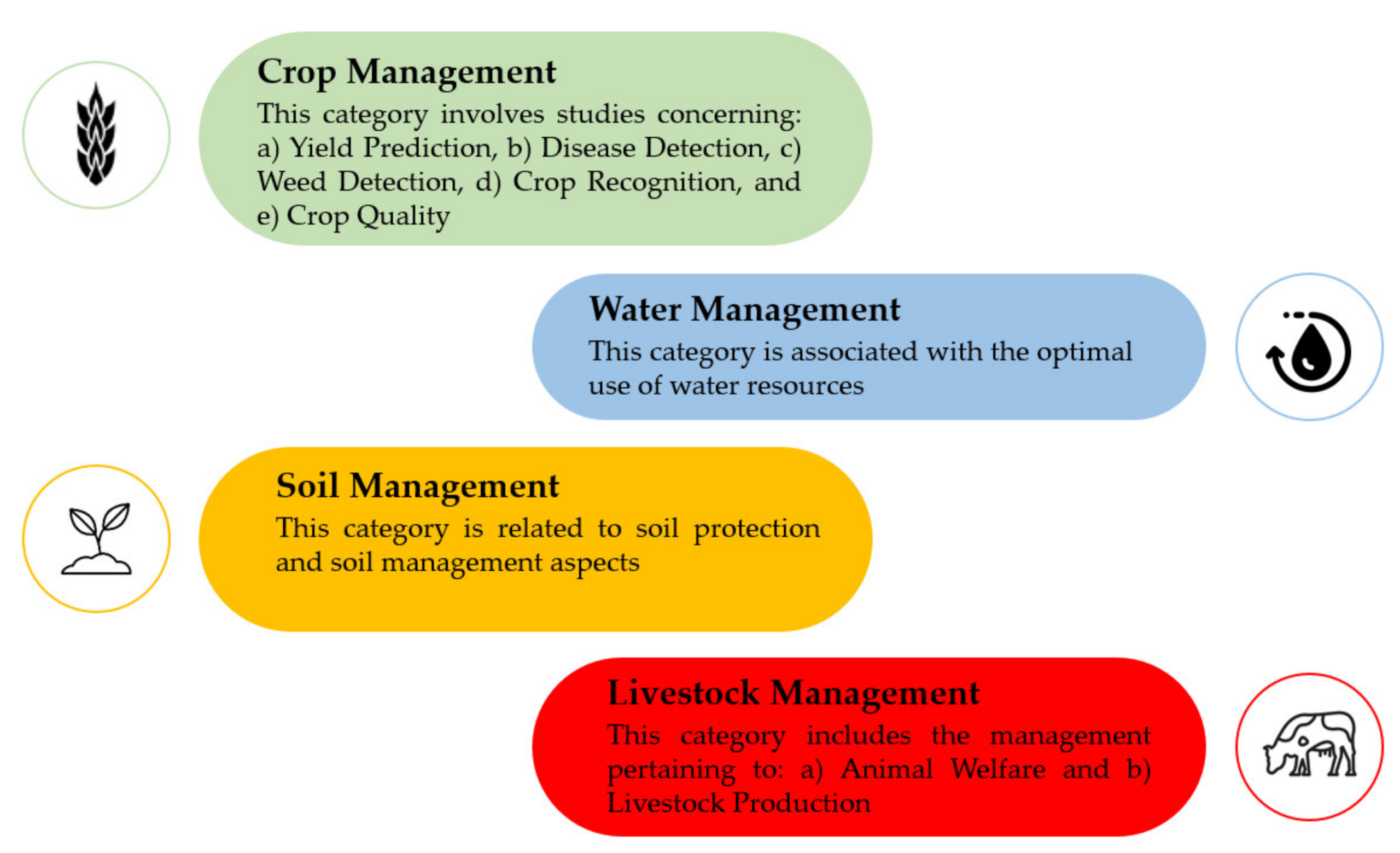In today’s rapidly changing world, where the global population is steadily growing and climate change poses increasing challenges to food production, agriculture stands at a crossroads. To meet the rising demand for food while minimizing resource wastage and environmental impact, farmers are turning to cutting-edge technologies like machine learning. In this blog post, we will explore how machine learning is revolutionizing agriculture through precision farming and crop yield prediction.
The Agriculture Challenge
Agriculture has been the backbone of human civilization for thousands of years. It has evolved from simple subsistence farming to a highly complex and technologically advanced industry. However, the challenges facing modern agriculture are greater than ever before.
- Feeding the World: With the global population expected to reach 9 billion by 2050, the pressure to produce more food is immense. Traditional farming methods alone may not suffice to meet this demand.
- Climate Change: Erratic weather patterns, droughts, floods, and rising temperatures are disrupting farming practices worldwide. Farmers need tools to adapt to these changing conditions.
- Resource Scarcity: Land, water, and energy resources are finite, and their misuse can have severe environmental consequences. Efficient resource management is essential.
- Food Security: Ensuring a stable food supply is crucial for global stability. Crop failures can lead to food shortages and price spikes, impacting vulnerable populations.
Enter Machine Learning
Machine learning, a subset of artificial intelligence (AI), involves training algorithms to learn from data and make predictions or decisions without being explicitly programmed. In agriculture, this technology has found a myriad of applications, transforming the way farmers manage their operations.
Precision Farming
Precision farming, also known as precision agriculture, is a farming management concept that leverages technology to optimize field-level management with regard to crop farming. It involves the use of various technologies, including GPS guidance, control systems, sensors, robotics, drones, autonomous vehicles, variable rate technology, GPS-based soil sampling, automated hardware, telematics, and IoT (Internet of Things) devices.
One of the primary goals of precision farming is to ensure profitability, sustainability, and protection of the environment. Machine learning plays a pivotal role in achieving these objectives by providing farmers with actionable insights based on data-driven decision-making.
- Soil Analysis: Machine learning algorithms can analyze soil samples to determine their composition and nutrient levels. This information helps farmers apply the right amount of fertilizers, reducing wastage and environmental impact.
- Crop Monitoring: Drones equipped with cameras and machine learning algorithms can monitor crop health and identify issues such as pest infestations or disease outbreaks early. This enables targeted interventions, minimizing the need for widespread pesticide use.
- Irrigation Management: ML models can analyze weather forecasts, soil moisture data, and crop requirements to optimize irrigation schedules. This not only conserves water but also improves crop yields.
Crop Yield Prediction
Predicting crop yields accurately is essential for farmers to make informed decisions about planting, harvesting, and marketing their produce. Machine learning excels in this area by analyzing historical data, current conditions, and various environmental factors to forecast crop yields with remarkable precision.
- Historical Data: Machine learning algorithms can process historical data on crop yields, weather patterns, soil conditions, and farming practices to identify trends and correlations.
- Weather Forecasting: ML models can incorporate real-time weather data and long-term climate predictions to adjust yield forecasts in response to changing weather conditions.
- Disease and Pest Management: By analyzing data on pest and disease prevalence, machine learning can help farmers take proactive measures to protect their crops, reducing yield losses.
- Market Analysis: Predicting crop yields also aids in market planning and pricing strategies, ensuring that farmers get the best value for their produce.
Benefits of Machine Learning in Agriculture
The integration of machine learning into agriculture offers a plethora of benefits, not only to individual farmers but to society as a whole.
- Increased Efficiency: By optimizing resource usage, precision farming reduces waste, leading to more efficient and cost-effective farming practices.
- Sustainability: Machine learning helps reduce the environmental impact of agriculture by minimizing the use of chemicals and water while maximizing crop yields.
- Improved Yield Prediction: Accurate yield predictions enable better planning, reducing the risk of crop failures and food shortages.
- Economic Benefits: Farmers who adopt machine learning techniques often experience increased profits due to higher yields and reduced production costs.
- Food Security: With more precise predictions and efficient farming practices, machine learning contributes to global food security by ensuring a stable food supply.
Challenges and Future Directions
While machine learning holds immense promise for agriculture, there are still challenges to overcome. These include data privacy concerns, the need for affordable technology access for small-scale farmers, and the ongoing development of advanced algorithms.
The future of machine learning in agriculture is exciting. As technology continues to advance, we can expect even more precise predictions, autonomous farming machinery, and the integration of AI-driven decision support systems into everyday farming practices.
Conclusion
Machine learning in agriculture is transforming the way we grow our food. With precision farming and crop yield prediction, farmers can optimize their operations, reduce resource wastage, and contribute to a more sustainable and food-secure world. As we move forward, the collaboration between technology and agriculture will become increasingly vital in addressing the challenges of the 21st century. It’s clear that the future of farming is data-driven, and machine learning is leading the way.


